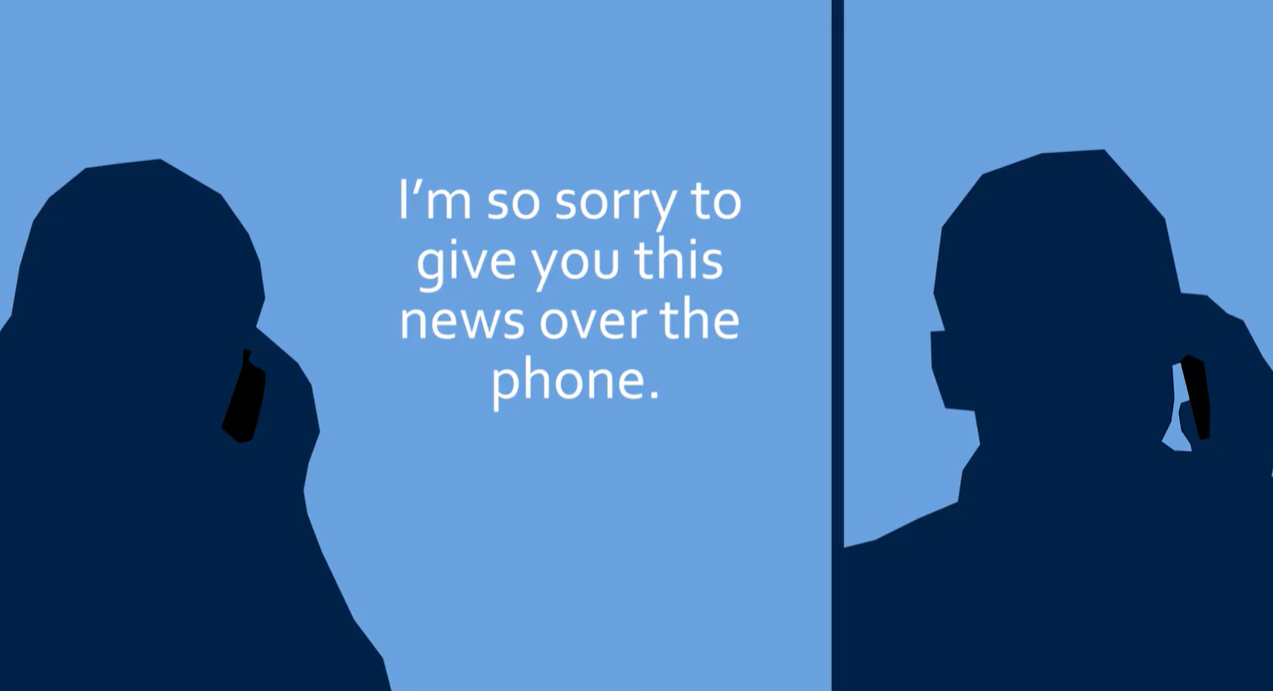Children are astute observers of their environment; when communication from trusted adults is absent, they attempt to make sense of the situation on their own. Research shows that sensitive and effective communication about life threatening illness has major benefits for children and their family’s long-term psychological wellbeing.
And yet, for parents and families trying to protect them from distress, the news that children could be faced with in the current COVID-19 pandemic seems almost unspeakable. With the aim of making these seemingly impossible conversations possible, a team from the Department of Child and Adolescent Psychiatry at the University of Oxford, led by Dr Louise Dalton and Dr Elizabeth Rapa, have developed a platform of resources to support professionals and families communicate with relatives and children when a patient is seriously ill or has died.

These resources are free and have been widely translated. They continue to be used by health care professionals, care home staff, school staff and parents around the world and can be accessed here.
A video for caregivers with ideas about how to talk to children under 5 years about the pandemic.
A step-by-step guide for health care and care home staff making telephone calls to relatives when a patient or resident has died.
A dedicated step-by-step guide for families to help plan how they will share this life-changing news with children, including specific phrases they might use
Animations to support staff and families to deliver difficult news.
A support guide for school staff to whom children may turn to ask questions or share their worries
The research team, led by Dr Louise Dalton and Dr Elizabeth Rapa in partnership with Professor Alan Stein, have also published a series in The Lancet reviewing the importance of communicating with children about life-threatening conditions (Part 1, Part 2), discussed their work as part of the COVID Conversations series hosted by the University of Oxford and collaborated with Blackpool Better Start.
A team from the Department of Child and Adolescent Psychiatry at the University of Oxford, led by Dr Louise Dalton and Dr Elizabeth Rapa, have developed a platform of free resources to support professionals and families communicate with relatives and children when an adult is seriously ill or has died.
The resources are free and have been widely translated. They continue to be used by health care professionals, care home staff, school staff and parents around the world.
Children are astute observers of their environment, and when communication is absent, they attempt to make sense of the situation on their own, with important long-term consequences. Research shows that sensitive and effective communication about life threatening illness has major benefits for children and their family’s long-term psychological wellbeing. This two part series, published in The Lancet highlights the importance of communicating with children about life-threatening conditions.
Even very young children need honest information about the changes they are observing within their families, and emotional authenticity from trusted adults about the impact of the pandemic.
The team discusses these issues (here and here) published in the Lancet Child and Adolescent Health and most recently Professor Alan Stein considers how to protect children and adolescent’s mental health with Professor Sarah-Jayne Blakemore.